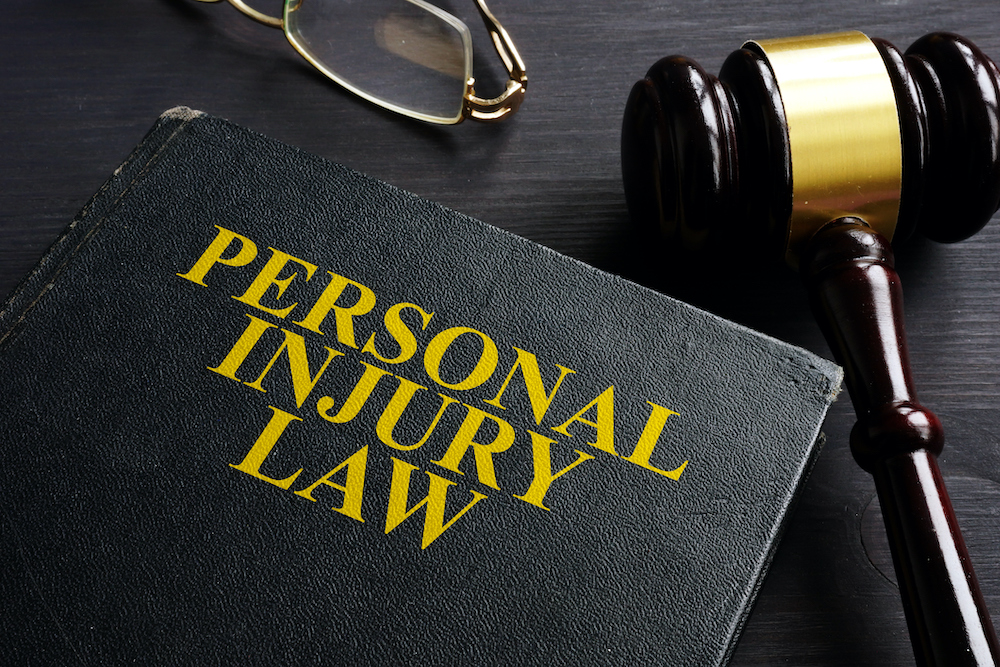
Everyone will eventually need a will or probate attorney. Find the best now by visiting 101corpuschristi.com/LEGAL. Touch the red “My Favorites” button to build a list of possible attorneys. You can email the list to yourself or a friend, print out out or use it to link to more information on each attorney.
A will can be drawn up at any time and, in the state of Texas, can even be handwritten. However, do-it-yourself wills, though they can be valid, are risky without the advice of an expert attorney. Will and probate issues can remain to haunt your family long after you're gone if you don't foresee — and deal with — all the possible legal implications relating to your property and its disposition.
Having a legal will with an independent executor and clearly identified beneficiaries can lessen the stress and emotional upheaval of death for those you leave behind.
Your estate can be allocated to your family after death one of two ways. If you die with a valid will, your estate’s assets will be apportioned by your representative through the will’s instructions. If you do not have a valid will, or if the entirety of your estate is not identified within the valid will, state laws will specify how to break up your property. This may require expensive court proceedings.
With or without a will, problems often occur when property beyond personal belongings is involved. Troubles can be especially turbulent if a will's author names unlikely beneficiaries or a large number of beneficiaries.
Even if these factors do not apply to you, it is always best to have your will notarized and reviewed by a lawyer so that it complies with all legal requirements. By doing so, you might just save your loved ones from dealing with added hassles during an already difficult time.
6 elements of a will
The six essential elements of a valid will are:
1. As a writer of the will, or testator, you must be at least 18 years of age.
2. You must have testamentary capacity, and must state in writing that you are of sound mind and are writing the will of your own accord.
3. A statement declaring the document as your will must be included.
4. An executor should be appointed.
5. The document must contain at least one provision that names a personal guardian for a minor child and/or at least one provision providing for the allocation of your estate.
6. If the will is not written in your handwriting (i.e., typed), you must sign the will and it must be attested to by two witnesses who are not beneficiaries and who saw the will signed by you.
The expertise of a practiced probate attorney will make sure your final will and testament is a rock solid legal document. Risks of doing it yourself include: using defective or outdated forms, violations of state law or improper witnessing. Mistakes are may be difficult if not impossible to solve after death. A good probate attorney can help prevent that from happening.



